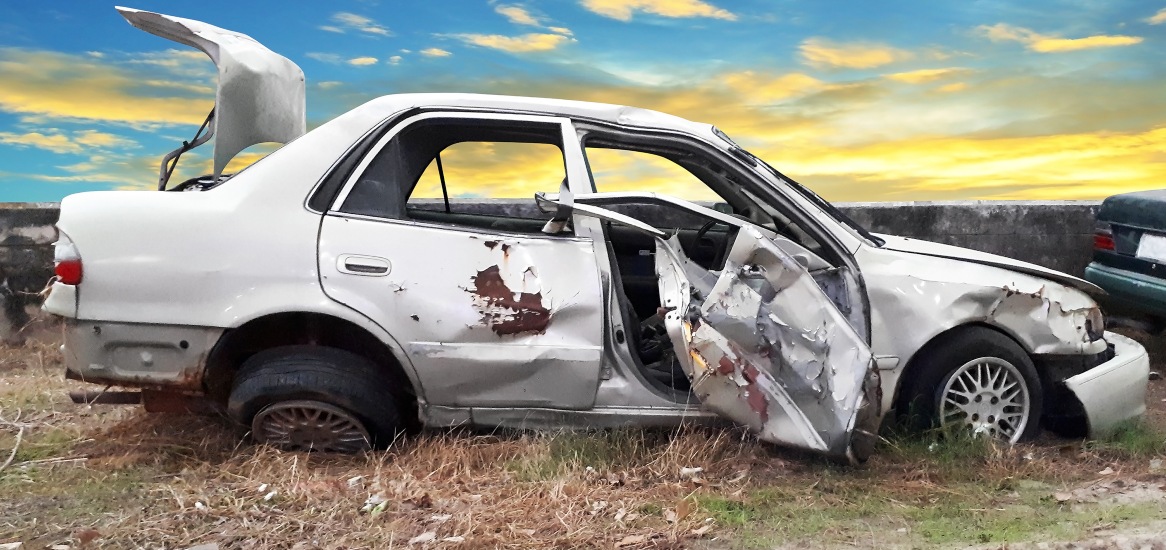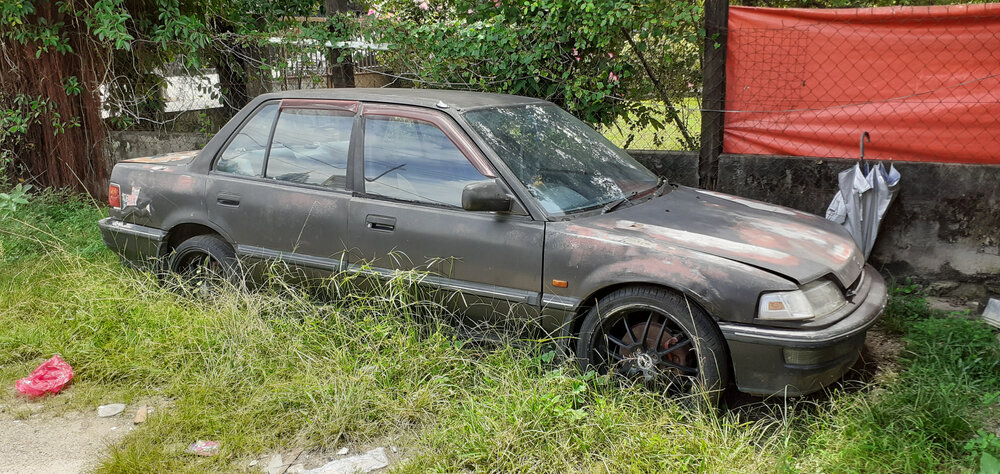Junkyard Near Me: Find the Best Regional Junkyards for Your Car
Junkyard Near Me: Find the Best Regional Junkyards for Your Car
Blog Article
The Economic and Environmental Benefits of Reusing Junk Cars And Trucks
Reusing junk autos offers various financial and environmental benefits that extend well beyond waste reduction. By recovering approximately 90% of car components, this method dramatically minimizes landfill worry while protecting essential natural deposits. It cuts down on power use and greenhouse gas exhausts linked to raw product extraction and production. The process also produces employment possibility throughout different fields, from taking down to logistics, and offers consumers with economical automobile components. These benefits underscore the diverse value of reusing junk cars and trucks, yet there are even more facets to think about when evaluating its complete impact.
Lowering Landfill Waste
Decreasing landfill waste through the recycling of junk automobiles plays a pivotal role in environmental conservation. When vehicles reach completion of their life process, reliable recycling procedures can dramatically reduce the quantity of waste that winds up in land fills. Junk vehicles, otherwise effectively reused, add to the growing issue of landfill overcapacity, aggravating ecological degradation and possibly infecting dirt and groundwater with harmful substances such as oil, gas, and hefty metals.

In addition, the recycling process reduces the unfavorable effects of auto waste on biodiversity. Land fills are notorious for interrupting local environments, and minimizing the influx of scrap automobiles helps protect natural habitats. Ultimately, reusing junk autos is a calculated technique that fosters lasting waste monitoring, lining up with broader ecological objectives.
Conserving Natural Resources
In addition to mitigating land fill overcapacity, recycling scrap cars and trucks plays a considerable duty in preserving all-natural sources. The automobile industry is heavily dependent on different metals, plastics, and various other products that require considerable mining and processing. By reusing junk cars and trucks, we considerably minimize the need for resources, thus curbing the environmental degradation connected with mining tasks. Reusing steel from old automobiles decreases the requirement for iron ore extraction, which in turn lowers energy usage and greenhouse gas emissions.
In addition, the process of recycling vehicle components such as lead, copper, and aluminum is much less energy-intensive than creating these materials from virgin sources. This energy savings translates straight right into minimized fossil fuel intake and lower carbon impacts (junkyard near me). In addition, by reclaiming and repurposing materials, we extend the lifecycle of non-renewable sources, guaranteeing they stay readily available for future use
Additionally, reusing auto liquids like antifreeze, oil, and transmission liquid stops hazardous substances from polluting soil and water sources. With methodical reusing initiatives, these liquids can be detoxified and reused, promoting a round economy and further diminishing the strain on natural deposits. Hence, reusing scrap cars offers a complex method to preserving our planet's very useful all-natural assets.
Developing Job Opportunities
The recycling of scrap cars and trucks not only profits the environment however also boosts economic development by developing job possibilities. This burgeoning sector provides a wide selection of work prospects, ranging from the initial collection and transport of old lorries to the detailed procedures of taking apart, sorting, and repurposing the different parts.

The expansion of reusing plants even more amplifies the task market, demanding roles such as designers, equipment drivers, and quality assurance specialists to make sure and manage the advanced equipment compliance with ecological guidelines. Even administrative positions, such as sales, advertising, and customer support, see a rise as the industry broadens.
Reducing Production Expenses
By integrating recycled materials from junk vehicles, suppliers can dramatically lower production expenses. The utilization of recycled steel, light weight aluminum, and other important metals decreases the requirement for raw material extraction, which is both energy-intensive and expensive. This not just conserves all-natural sources yet also translates right into considerable cost financial savings for auto manufacturers. The energy called for to process recycled materials is substantially less than that needed to create brand-new products from scrape. This reduction in energy intake directly correlates with decreased manufacturing expenditures.
Furthermore, the reusing process aids enhance the supply chain by giving a steady influx of products that are readily offered and often more affordable than freshly mined sources. These expense performances are particularly vital in a highly competitive market like automotive manufacturing, where margins can be razor-thin. Furthermore, the recycling of junk cars and trucks aids reduce the unpredictable rates of raw products, making it possible for suppliers to far better forecast and manage their manufacturing budget plans.
Giving Inexpensive Car Components
When junk cars are reused, the availability of budget-friendly automobile YOURURL.com components considerably boosts, profiting both customers and fixing shops. Recycled auto components are usually cost a portion of the price of brand-new components, offering a cost-efficient option for car owners and mechanics. This affordability can be important for individuals that may not have the economic methods to buy brand-new parts, allowing them to preserve their lorries in functional and secure problem.
Service centers likewise obtain from this increased schedule of inexpensive components. By sourcing recycled parts, these services can reduce their functional costs, which can be handed down to clients via lower service fee. This, in turn, can lead to higher consumer complete satisfaction and commitment, as clients value the cost savings without endangering on high quality.
Furthermore, the top quality of recycled parts has enhanced dramatically throughout the years, thanks to improvements read here in recycling processes and top quality control steps. Many recycled components go through strenuous screening to ensure they fulfill industry requirements, supplying integrity equivalent to new parts - cash for cars denver. By offering a top notch and economically viable alternative, the recycling of junk cars and trucks visit this website plays a crucial role in sustaining both the auto repair service market and the wider consumer market
Conclusion
Recycling scrap cars provides considerable financial and ecological advantages by considerably lowering garbage dump waste and saving natural resources. This method lowers manufacturing costs by redeeming as much as 90% of car components, thus lowering power usage and greenhouse gas exhausts. In addition, it produces employment chances throughout different markets and supplies affordable vehicle parts, bolstering the automotive repair industry. Overall, the recycling of scrap vehicles supports both economic growth and sustainability purposes.
Reusing junk automobiles provides numerous economic and environmental advantages that prolong well past waste reduction. Junk automobiles, if not correctly reused, contribute to the growing problem of landfill overcapacity, aggravating environmental degradation and possibly contaminating dirt and groundwater with harmful materials such as oil, gas, and heavy steels.
By recycling junk autos, we substantially lower the need for raw products, consequently curbing the ecological destruction associated with mining activities.When scrap vehicles are recycled, the accessibility of budget friendly vehicle parts substantially enhances, profiting both customers and repair stores.Reusing junk autos presents significant financial and ecological benefits by significantly minimizing garbage dump waste and preserving natural resources.
Report this page